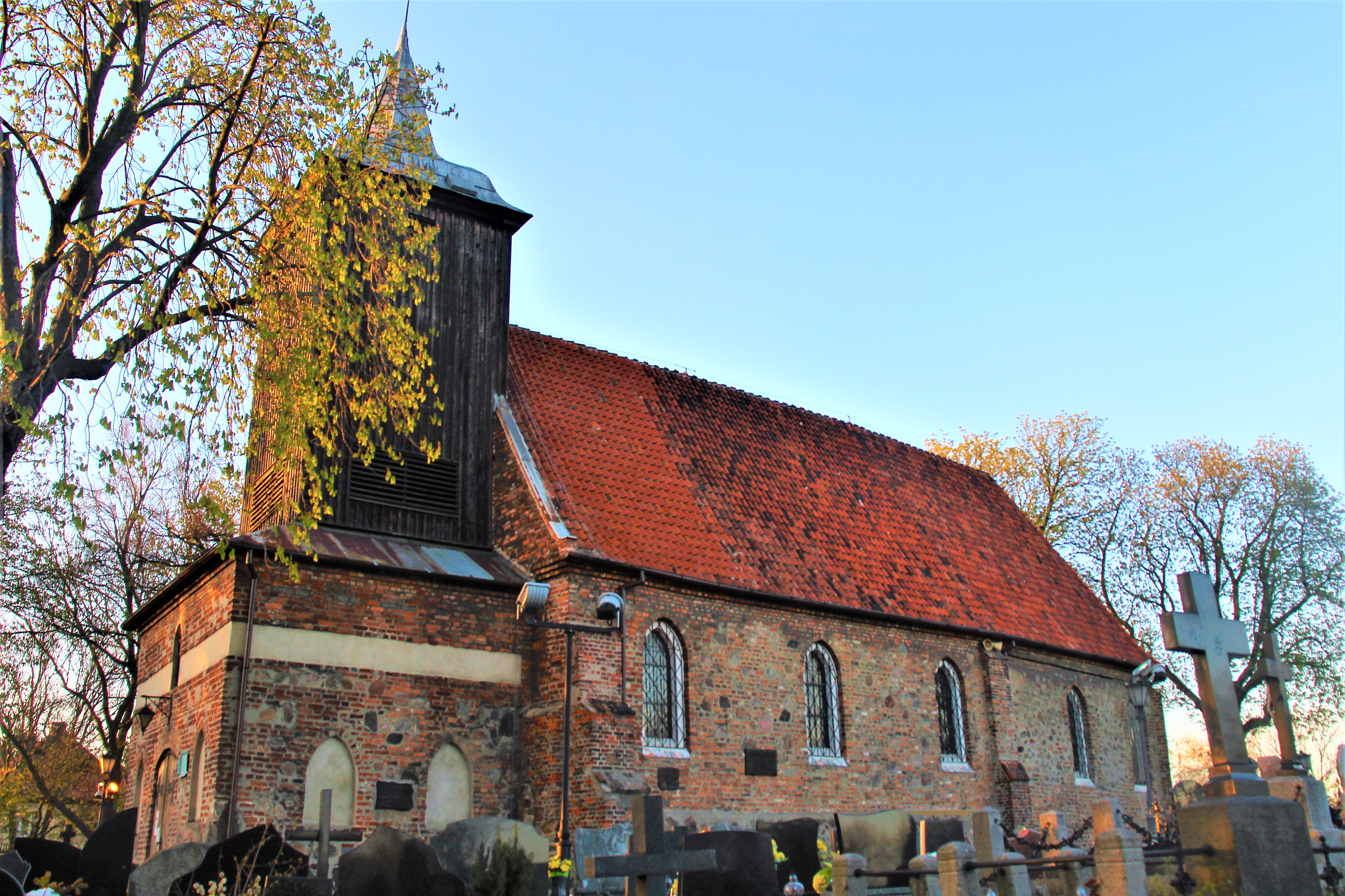Gdynia
 Gdynia||, or }}}} is a city in northern Poland and a seaport on the Baltic Sea coast. With an estimated population of 257,000, it is the 12th-largest city in Poland and the second-largest in the Pomeranian Voivodeship after Gdańsk. Gdynia is part of a conurbation with the spa town of Sopot, the city of Gdańsk, and suburban communities, which together form a metropolitan area called the Tricity (''Trójmiasto'') with around one million inhabitants.
Gdynia||, or }}}} is a city in northern Poland and a seaport on the Baltic Sea coast. With an estimated population of 257,000, it is the 12th-largest city in Poland and the second-largest in the Pomeranian Voivodeship after Gdańsk. Gdynia is part of a conurbation with the spa town of Sopot, the city of Gdańsk, and suburban communities, which together form a metropolitan area called the Tricity (''Trójmiasto'') with around one million inhabitants.Historically and culturally part of Kashubia and Eastern Pomerania, Gdynia for centuries remained a small fishing village. By the 20th-century it attracted visitors as a seaside resort town. In 1926, Gdynia was granted city rights after which it enjoyed demographic and urban development, with a modernist cityscape. It became a major seaport city of Poland. In 1970, protests in and around Gdynia contributed to the rise of the Solidarity movement in nearby Gdańsk.
The port of Gdynia is a regular stopover on the cruising itinerary of luxury passenger ships and ferries travelling to Scandinavia. Gdynia's downtown, designated a historical monument of Poland in 2015, is an example of building an integrated European community and includes Functionalist architectural forms. It is also a candidate for the UNESCO World Heritage List. Its axis is based around 10 Lutego Street and connects the main train station with the Southern Pier. The city is also known for holding the annual Gdynia Film Festival. In 2013, Gdynia was ranked by readers of ''The News'' as Poland's best city to live in, and topped the national rankings in the category of "general quality of life". In 2021, the city entered the UNESCO Creative Cities Network and was named UNESCO City of Film. Provided by Wikipedia
1
2
3
Published 1972
“...Kieler Tage <1972, Gdynia>...”
Book
